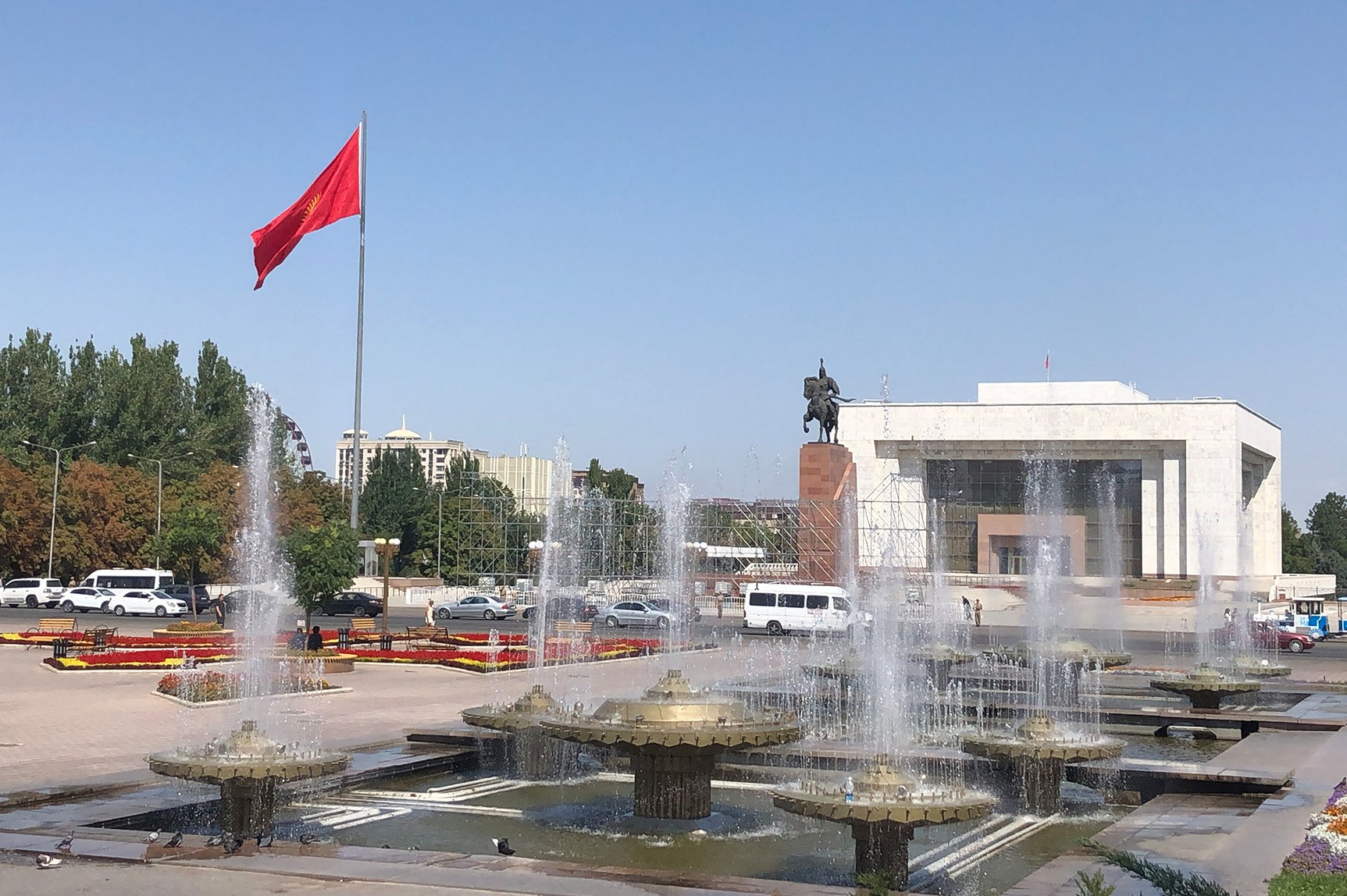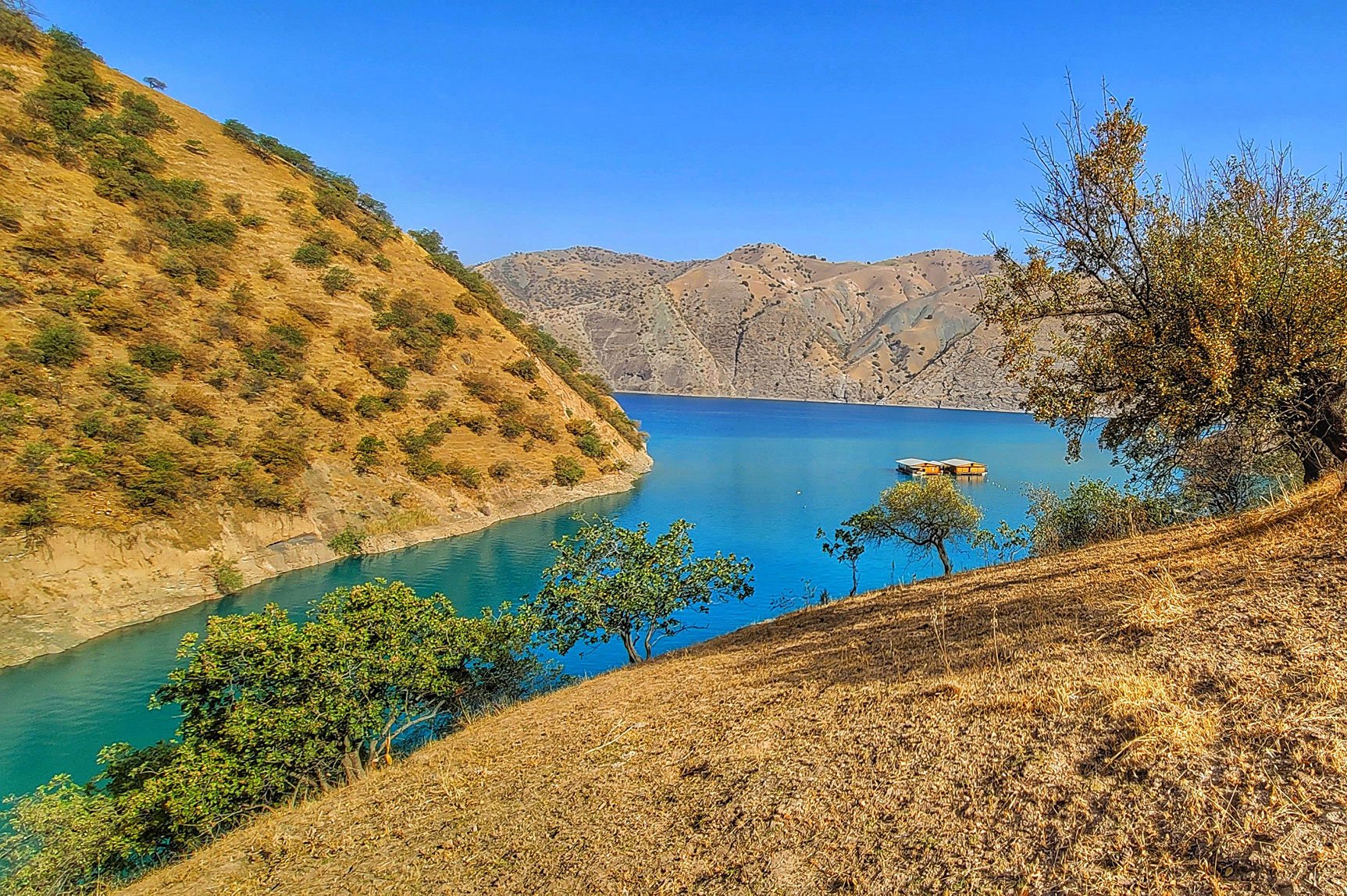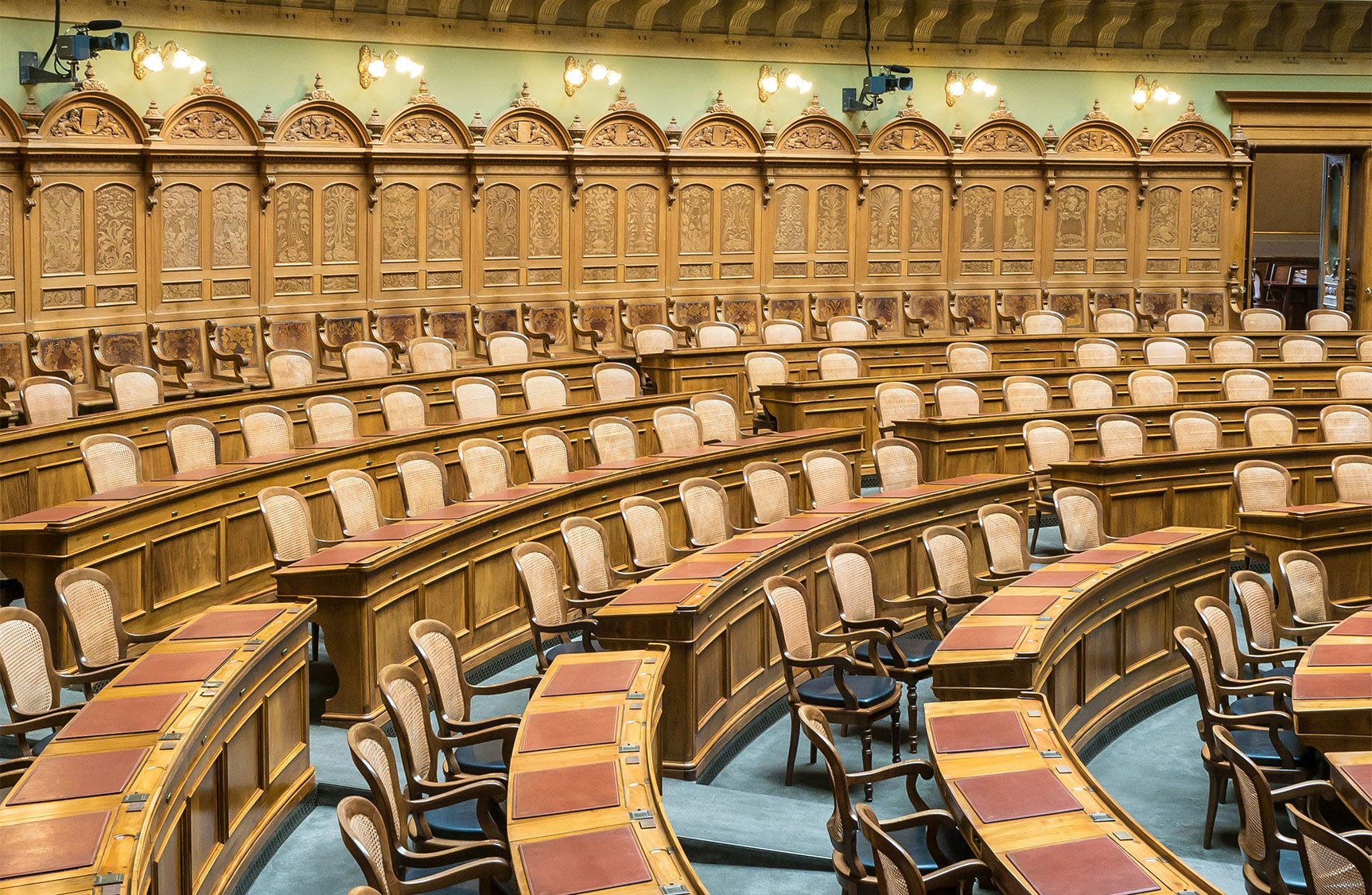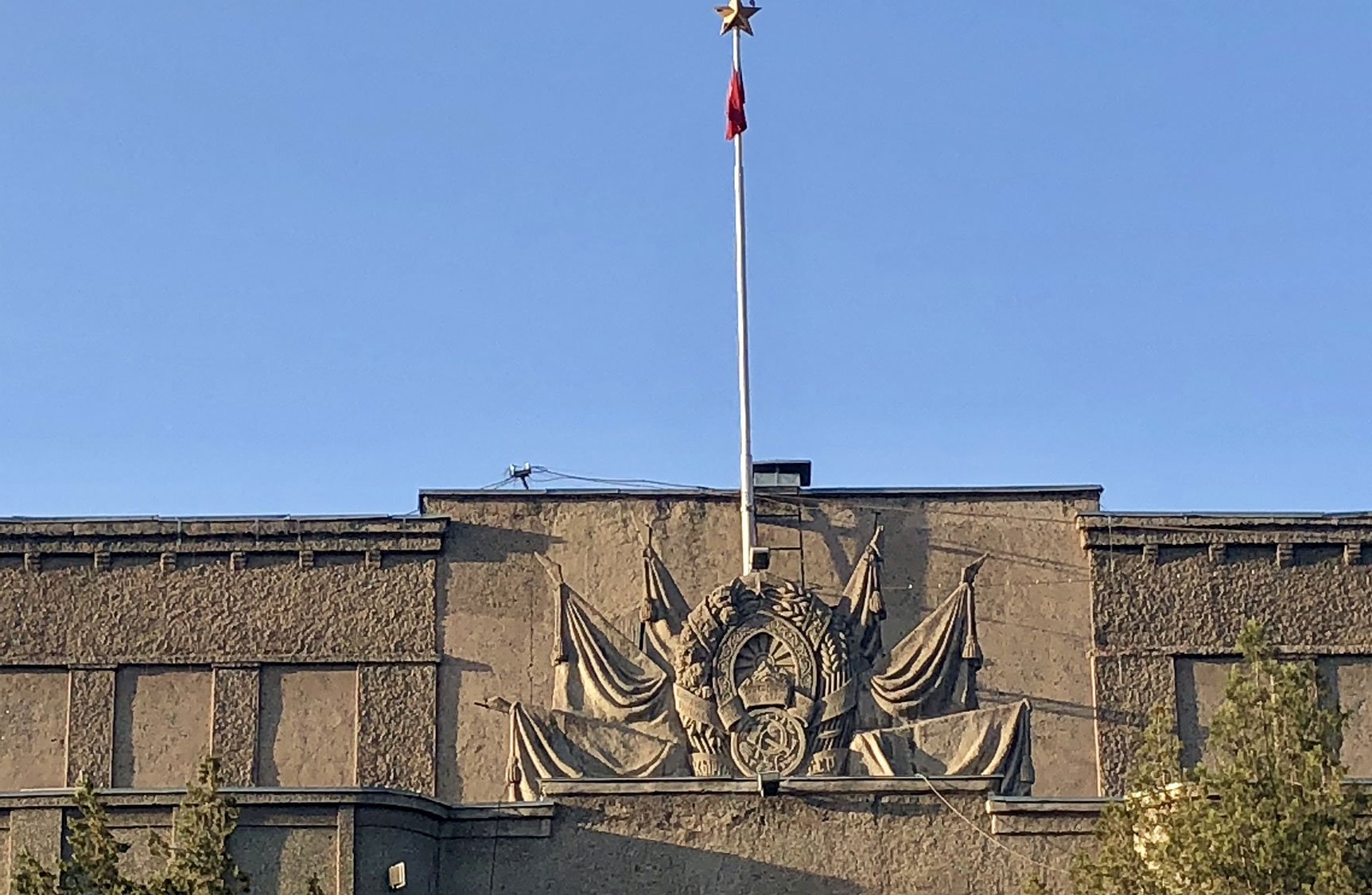This Overview highlights the legislative opportunities and constraints affecting the financial sustainability of civil society organizations. It also offers a comparative approach, allowing readers to use examples from several countries and apply them to their practice. Moreover, the Overview provides information that can be used to improve civil society-related legislation across the region and is meant to be particularly useful for specialists, civil society representatives, government agencies, and parliamentarians. Find the full analysis here (in Russian) or in English here.
Eurasian Program
Since 1997, the ICNL Alliance has worked to foster an enabling legal and fiscal environment for civil society throughout Eurasia.
Country-specific activities are tailored to meet the needs of civil society in every country we work in: Armenia, Azerbaijan, Belarus, Georgia, Kazakhstan, Kyrgyzstan, Moldova, Russia, Tajikistan, Turkmenistan, Ukraine, and Uzbekistan. Our activities include providing technical assistance to civil society and government representatives, increasing the capacity of local partners, and bolstering the legal literacy of civil society organizations. We also support cross-border activities that give local civil society representatives and lawyers the opportunity to exchange perspectives with colleagues from other countries.
Highlights
Eurasia Resources
Country Resources
ICNL has an array of Country-specific resources in both English and Russian







